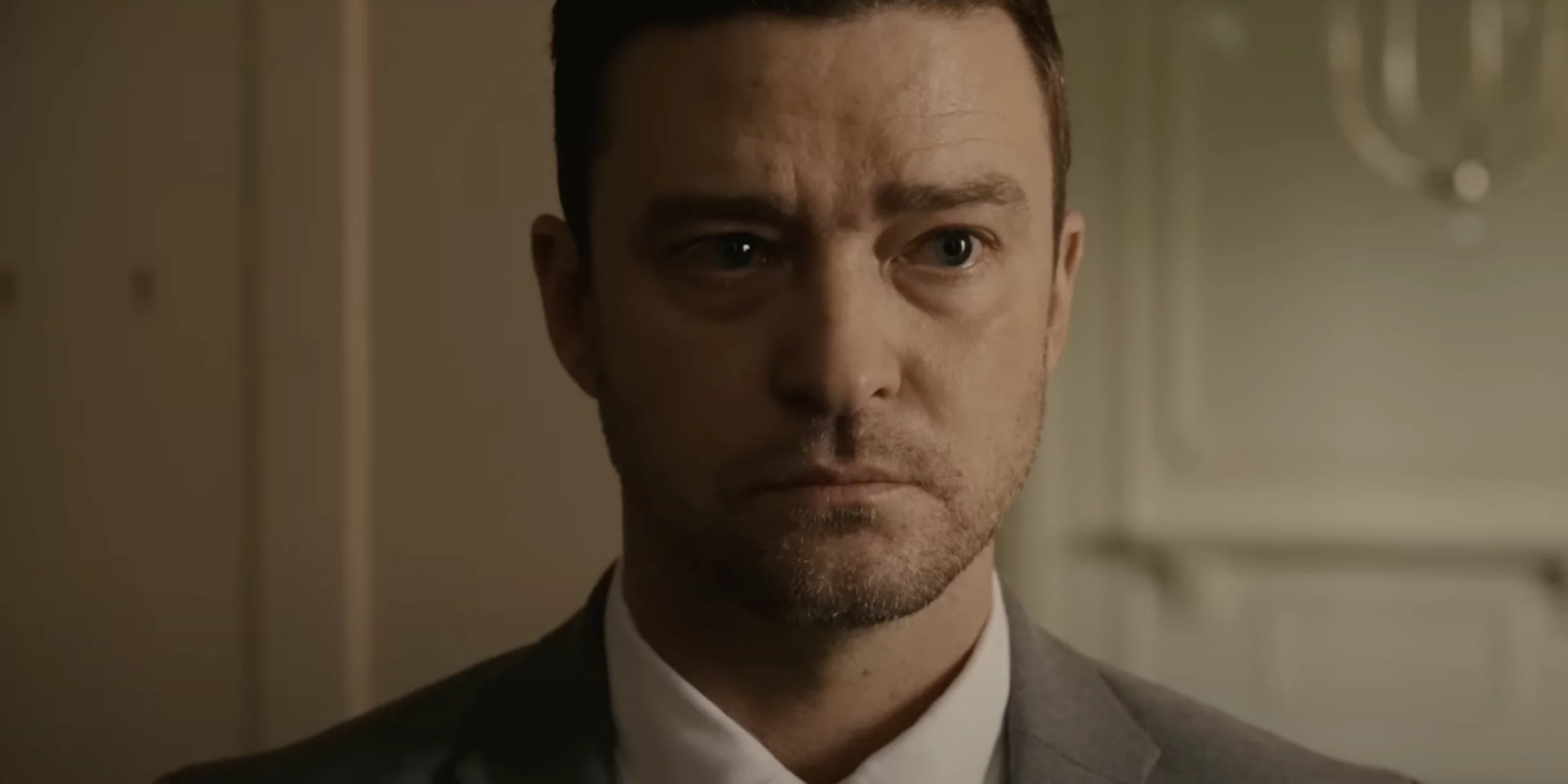OzzyFan
Registered User
- Sep 17, 2012
- 3,653
- 960
Saw VI (2009) - 6/10
Overall, Saw VI is a good sequel. As a matter of fact, it might be my favorite sequel due to how well the Jigsaw game was executed. I briefly considered rating this film a "7", but could not overlook the absolutely ridiculous police storyline. Despite how much I liked it though, Saw VI was the first film in the series to underperform at the box-office, earning $68M against an $11M budget.
I know this isn't apples to apples as these films are franchise sequels, but the vast majority of horror films are lower budget, thus low risk/medium to high reward potential, which I'm surprised more mainstream studios wouldn't try pushing here and there given the financials of them. There's a reason a number of many sequel horror films exist, generally lower budgets and higher monies raked in, even if the product is "only" middling to "good". And keep up the good work Shadow1

I'm very glad you reviewed this film. The visuals always looked so intriguing from the screenshots I've seen. I've had this on my to watch list for a while and you gave me a reason to bump it up and now get to it in October. Thanks.
Street Trash (Muro, 1987) - I wanted to watch some throwback cheapo pseudo-horror film, so I put on C.H.U.D. II, but it was even worst than I remembered and couldn't get through. So I went for this absolute cult classic of Z-movies. It's a very unique film, and not in a bad way. Roy Frumkes was a professor at the New York School of Visual Arts. One of his students, 20 years old Jim Munro, had put all his money on buying his very own steady cam (and what a brilliant move it was, more on that later), and handed in a short 15 minutes film titled Street Trash as his final project. Frumkes thought the film had controversial potential and proposed to write a longer version, aiming for schlock and shock, but still not completely deprived of some slim social commentary. The result is a polished version of a student film, with pretty much the same (lack of) story, with added nudity and Vietnam flashbacks. Still, the film looks great (sound-wise, acting-wise, it's not really the case), with great camerawork and visual ideas. Muro went on with his steadycam (late 80s and 90s, coming with your gear was a big plus when looking for gigs) and worked on some heavy hitters, including most of James Cameron's films. Street Trash remains his only film as a director (he directed a few TV episodes). Its colorful gore and its careless narrative mixing grit and humor makes it an absolutely unique and unforgettable gem of the period - that's not enough to say it's a good film, which makes it very hard to rate. I'd understand people would give this a big flat 0/10, but my rating system being what it is (4 = somewhat ok ; 5 = worth your time ; 6 = good ; 7 = very good), you might want to look away while I'm giving this a well deserved 5.5/10








 I'll probably still post everything in this thread.
I'll probably still post everything in this thread.
